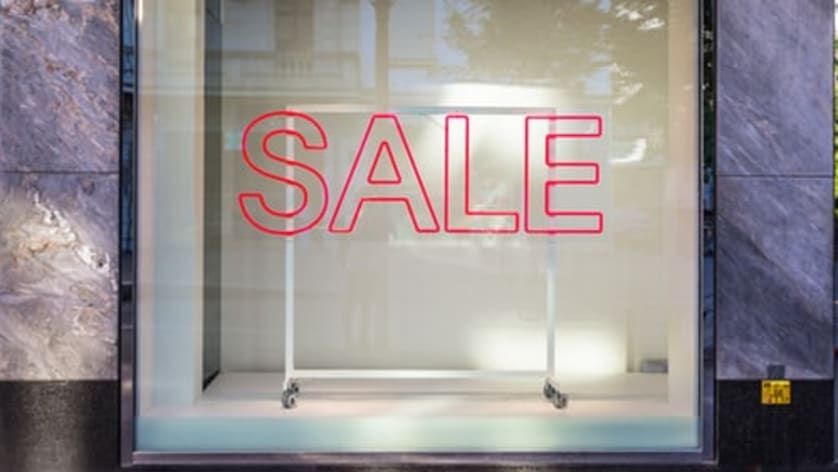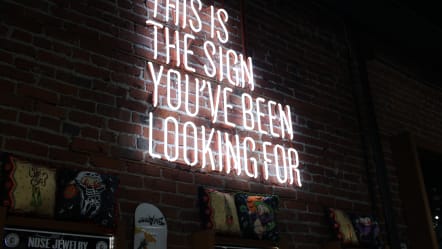How do you know as a developer that your startup is going to be sold?

You got a great job at a startup and everything is going perfectly...at least at first. Unfortunately, a year later, things have changed drastically. The suspicion arises that the young company will soon be sold. How can you tell what's really going on? It is very likely that you will not be told immediately that the company is in the process of being sold. Unless you have connections in top management.
Luckily, there are a few signs to check if your employer is about to be bought. In this article we have summarized some indications:
Strange reorganizations
Has your company recently decided that HR and the development team must report to the same general manager at once? You just think to yourself: "What's wrong with that all of a sudden?" It's quite a strange corporate move, but apparently it makes sense for someone somewhere. Perhaps the new managing director responsible for HR and development will be prepared for a role in the new company. Who knows.
What we do know is that some of these reorganizations may point to a potential deal. If there was a deal, your small business may have been asked to reorganize everything to integrate with the buying company.
Projects are stopped
Your team has been working on a new game-changing feature for over a year and is now close to completion. You're really looking forward to the "go-live" of the new application, but your team leader refuses to release the code. You will be informed that the C-Level is still in disagreement and that the rollout will have to be postponed to the next quarter. There is no other explanation!
That would be a clear signal that something is wrong. A few weeks ago the same manager was pressuring you because the code wasn't ready and now the whole project is suddenly dying? Your boss only knows that no new projects are being started and tasks you with bug fixing and maintenance tasks.
People are wanted but not hired
Vacancies are still being posted on your company's social media channels, with the addition of how great it isn't to be part of the team. The problem is, your company never hires anyone.
Your team in particular could really need two more backend developers, but these positions are simply not being filled. Everyone on your team is burned out, overworked, and tired of having to hack around. Nobody understands how it can be so difficult to get someone suitable to the desk.
A potential buyer naturally wants fixed costs to be as low as possible and salaries are fixed costs. This may mean more work for you, but the first thing a buyer looks at is the numbers and not your work-life balance
Founders are rarely there?
You won't necessarily see the CEO or the founding team on a daily basis, but they are a visible and effective part of the company. Your presence is a good sign that hard work is being done to make the startup successful.
Suddenly they are less there and meetings are held indoors or outside. You arrive at 10 a.m. and leave the office at 2 p.m., all of a sudden wearing a suit and tie. If it's more of a t-shirt guy who suddenly wears a tie, that's a sign they're in meetings with other companies.
Fundraising has stopped
When you started at this young company, you probably knew that the company had to raise venture capital. Since that's typical for a startup, you didn't think it would be a problem. The company, or the management, was very clear that it needed several financings on the way to profitability.
But now it's autumn and the needed spring round of financing never came. You ask around, but no one seems to pay attention to new funds.
That's another sign of an acquisition. More VC funding means more entities for a buyer to satisfy and that's rather unattractive.
Conclusion
Remember, acquisitions aren't always bad! Would you rather die a slow death in a small company, or live to make a difference in a larger company? We suspect that you would rather keep your job for the long term.
Do you love the projects you work on? Does the work make sense to you? If you can answer “yes” to these questions and the new company warmly welcomes you, a logo change could be the biggest change you can expect.




















